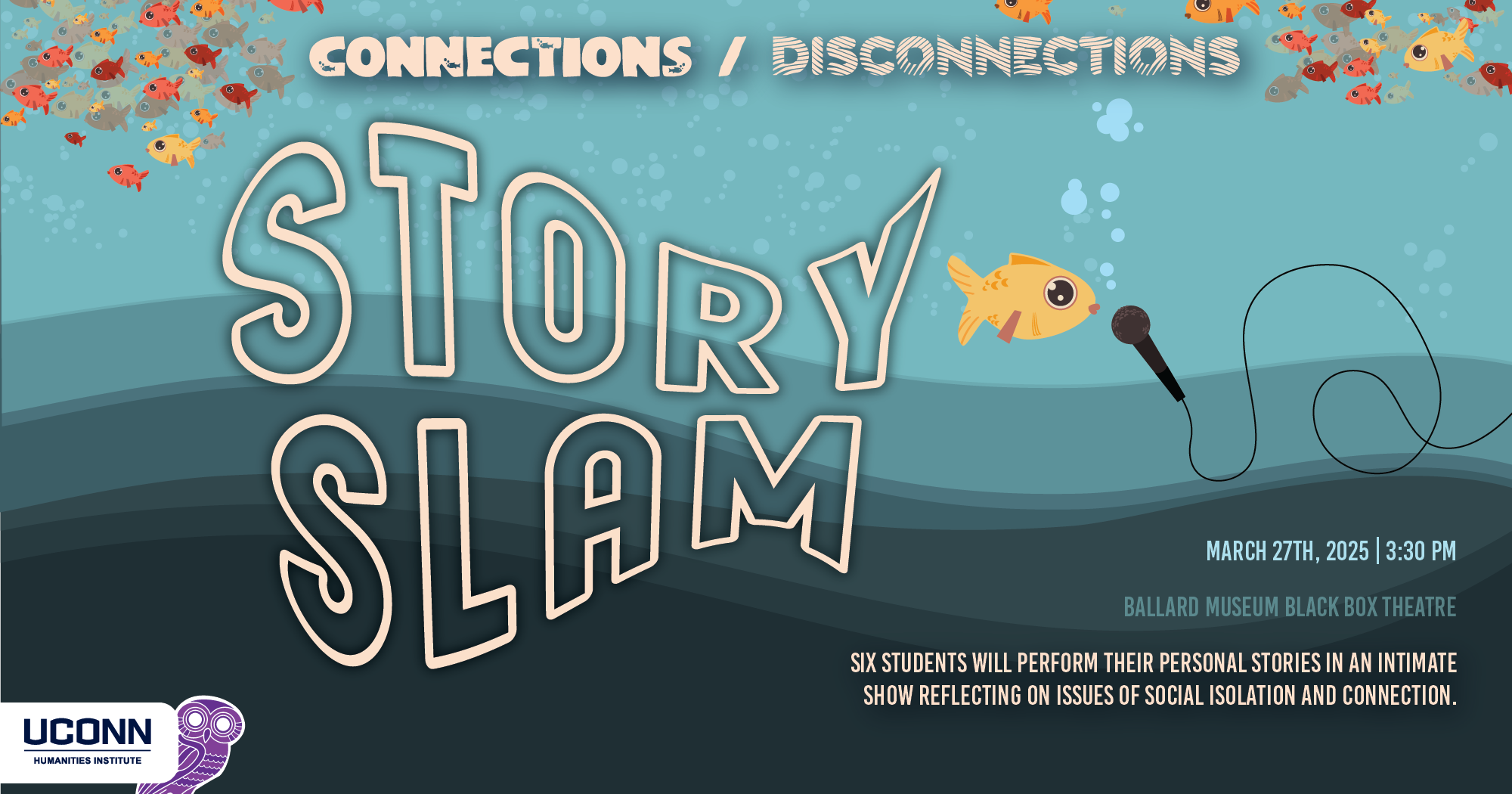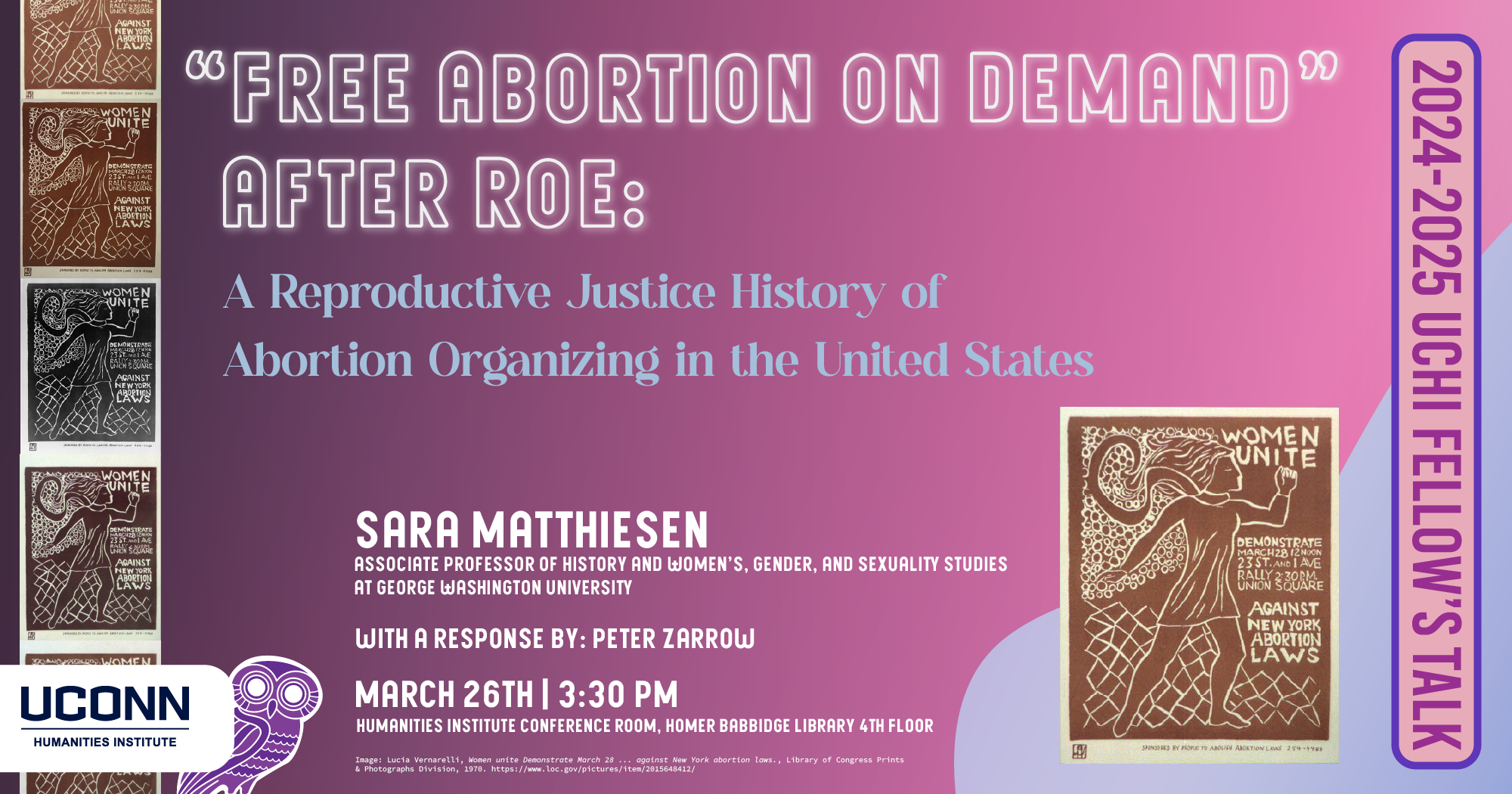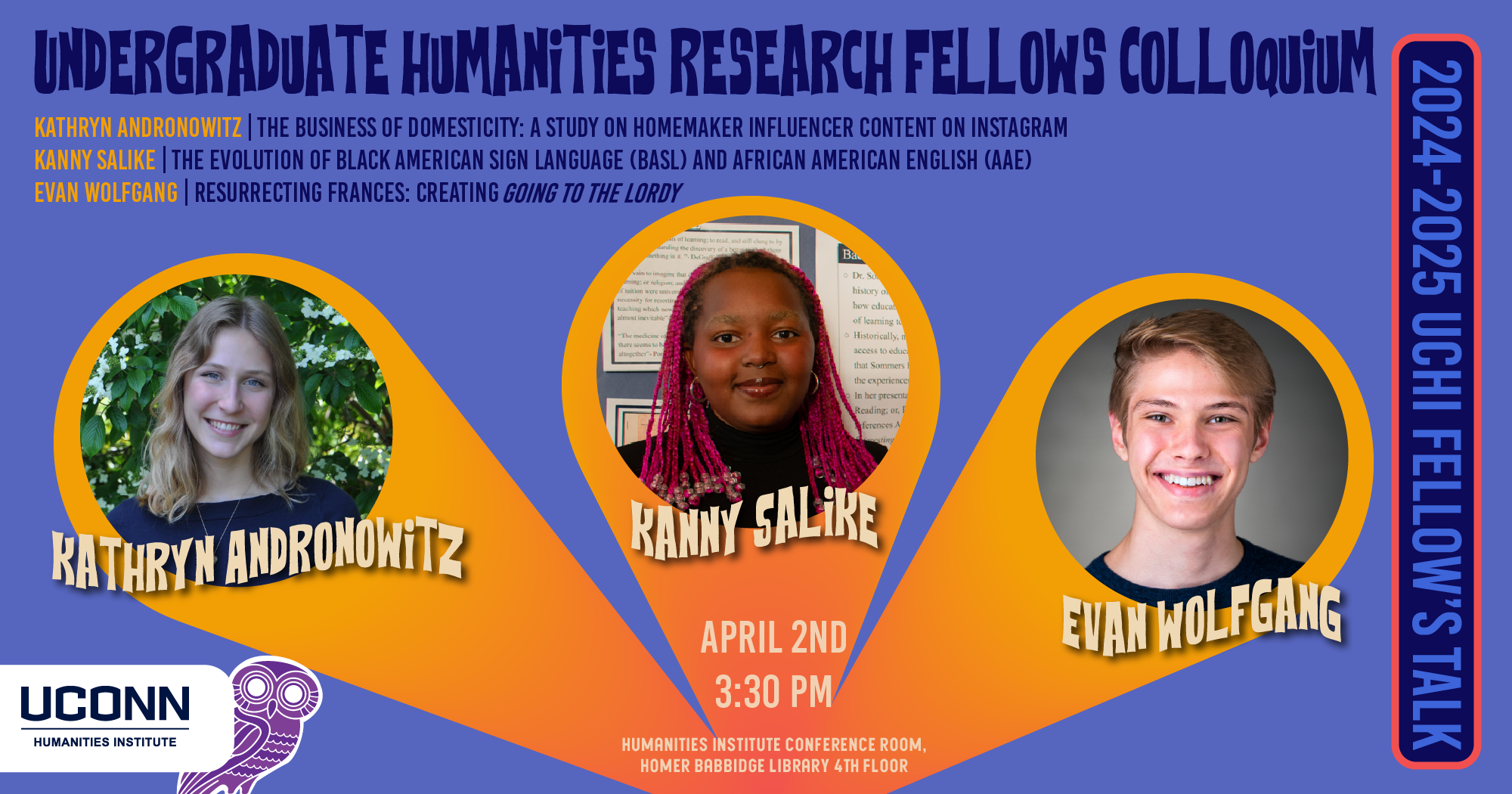
Undergraduate Humanities Research Fellows Colloquium
Kathryn Andronowitz (Sociology & English), Kanny Salike (Anthropology & Linguistics), Evan Wolfgang (Dramatic Arts)
Wednesday, April 2, 2025, 3:30pm, Humanities Institute Conference Room (HBL 4-209)
The event will also be livestreamed with automated captioning.
Register to attend virtually
Kathryn Andronowitz | “The Business of Domesticity: A Study on Homemaker Influencer Content on Instagram”
Project advisor: Bhoomi Thakore
Kathryn Andronowitz’s fellowship project examines how homemaker influencers present their identities on social media, and how they function as economic actors by promoting certain lifestyle choices or products in a way that aligns with their values. In this presentation, Kathryn will discuss one of the themes of her findings, “happiest at home.” In this aestheticized Instagram content, homemaker influencers emphasize their happiness with their lifestyle in the home, which is rendered as a peaceful option for retreat from the dangers and immoralities of the mainstream outside world. The content evokes a sense of nostalgia for an idealistic collective past, which can be mobilized to urge viewers to reject feminist goals and instead revitalize conservative traditional values. Overall, these depictions that link femininity and domesticity, presented alongside a neoliberal celebration of female choice and “empowerment,” creates dizzying discourses on progress towards gender equality.
Kanny Salike | “The Evolution of Black American Sign Language (BASL) and African American English (AAE)”
Project advisor: Diane Lillo-Martin
This talk looks at the histories of BASL (Black American Sign Language) and AAE (African American English). Kanny will compare these histories to see how racism and audism have influenced the divergence of BASL and AAE from ASL and SAE (Standard American English) respectively.
Evan Wolfgang | “Resurrecting Frances: Creating Going to the Lordy”
Project advisor: Gary English
“Resurrecting Frances: Creating Going to the Lordy,” discusses the development of Evan Wolfgang’s original play, Going to the Lordy, which was written through participation as an Undergraduate Research Fellow at the University of Connecticut Humanities Institute and opened in February with the support of UConn Dramatic Arts.
As the title of the talk suggests, the presentation will focus on how the key figure of Frances Howe, sister to Charles Guiteau, was brought from historical obscurity to the center of the story, drastically informing how the play was written. The talk, not dissimilar to the play itself, focuses on the importance of resurrecting lost and marginalized historical voices and how by doing so we can learn more about our own humanity.
Kathryn Andronowitz, from Monroe, Connecticut, is a junior pursuing dual degrees in English and Sociology. Her research interests include examining identity formation in online networked communities, analyzing consumer culture and the rise of self-branding, and exploring the historical roots of current social movements. Kathryn works as the public relations student coordinator at UConn Community Outreach and was a 2023 Holster Scholar. In her free time, she enjoys traveling, doing trivia, and spending time outdoors. Kathryn plans to earn her J.D. for a career in public policy emphasizing community-based solutions. At UCHI, Kathryn’s project will examine how homemaker influencers present their identities on social media, and how they function as economic actors by promoting certain lifestyle choices or products in a way that aligns with their values.
Kanny Salike is a junior at UConn, double majoring in Linguistics/Philosophy and Anthropology with a minor in American Sign Language and Deaf culture. She is a Connecticut native who grew up in Naugatuck. Her research interests include exploring the ways in which migration, globalization, and colonization influence the way language evolves and develops. Outside of her fellowship, she is a 2024 summer IDEA grant recipient. After finishing her undergraduate degree, she plans on pursuing a Phd in Linguistic Anthropology. Her fellowship project, “The Evolution of African American English (AAE) and Black American Sign Language (BASL) in the United States” aims to explore how racism and audism have shaped the evolution of AAE and BASL through time. This project will focus on the ways in which an early American society excluded Black hearing and Black Deaf people from white hearing and white Deaf spaces, respectively, and delving into how this exclusion resulted in the evolution of AAE and BASL as languages that are distinctly different from standard American English and ASL. She also plans on exploring how racism and audism embed themselves into systems of oppression that continue to affect Black and Black Deaf people to this day.
Evan Wolfgang is a senior at UConn, completing his Bachelor of Fine Arts in Acting. In the fall semester of 2023, he studied abroad at Theatre Academy London, where he was taught by some of the most eminent theatrical artists in the world. Last year, Evan debuted a fully staged production of his original adaptation of Lewis Carroll’s Alice Stories at UConn, entitled Alice’s Adventures. Evan works professionally in the theatre as an actor, director, playwright, and youth theatre teacher. He has also started his own production company, Jump the Creek Productions, through which he produces his and his company members’ original work. Evan’s project, “Going to the Lordy: A Dramatic Parable about the Life and Death of Charles Julius Guiteau,” is a play that will examine the life of presidential assassin Charles Guiteau, and the absurd story and complex social-political circumstances that lead to him murdering President James Garfield. Guiteau’s story is a story of radicalization, abuse, and sensationalism, topics as relevant today as they were 150 years ago.
Access note
If you require accommodation to attend this event, please contact us at uchi@uconn.edu or by phone (860) 486-9057. We can request ASL interpretation, computer-assisted real time transcription, and other accommodations offered by the Center for Students with Disabilities. Requests should be made at least five business days in advance whenever possible.
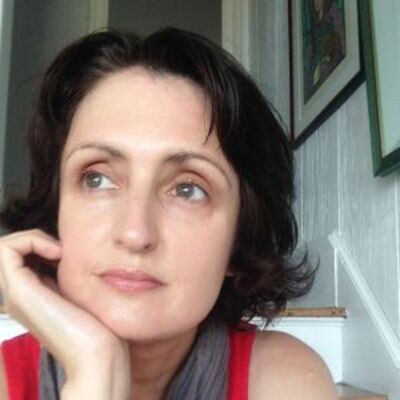
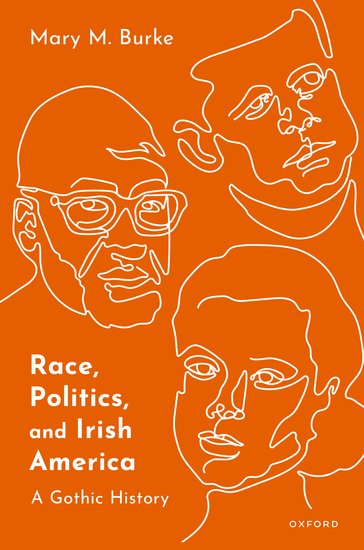 , “Mary Burke’s Race, Politics, and Irish America: A Gothic History offers a fascinating, engaging read, that masterfully brings a new angle on a well-trodden subject. Although it is very difficult for rigorous scholarship to break through in the public sphere, Burke’s book has garnered positive scholarly reviews as well as positive press coverage and media engagement in the United States, Ireland, and elsewhere, showcasing its value to the academy and beyond.”
, “Mary Burke’s Race, Politics, and Irish America: A Gothic History offers a fascinating, engaging read, that masterfully brings a new angle on a well-trodden subject. Although it is very difficult for rigorous scholarship to break through in the public sphere, Burke’s book has garnered positive scholarly reviews as well as positive press coverage and media engagement in the United States, Ireland, and elsewhere, showcasing its value to the academy and beyond.”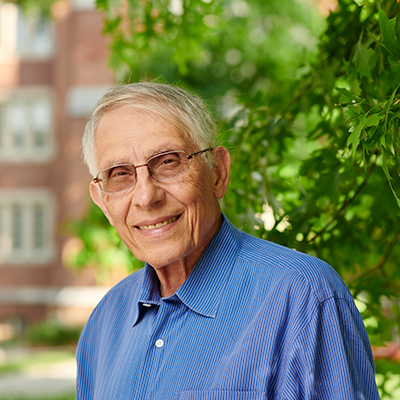
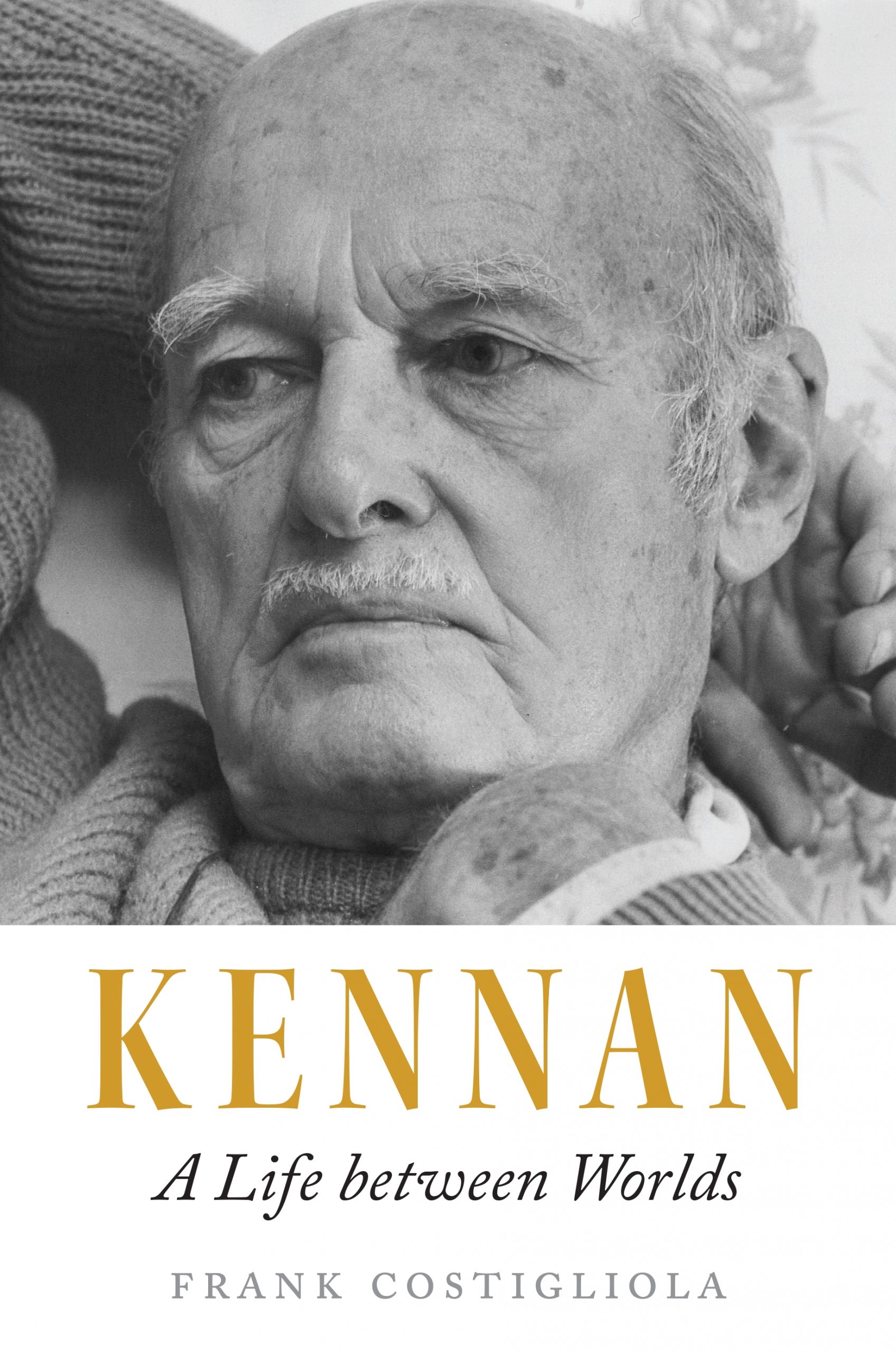 , “Frank Costigliola’s Kennan: A Life between Worlds is an engaging and richly researched exploration of the life of one of the leading figures in America’s Cold War with the Soviet Union. Based in part of Costigliola’s deep knowledge of Kennan’s diaries, this biography shows how the work of the brilliant diplomat was shaped not only by his insights into Soviet conduct but also by his own psychological idiosyncrasies and emotional impulses.”
, “Frank Costigliola’s Kennan: A Life between Worlds is an engaging and richly researched exploration of the life of one of the leading figures in America’s Cold War with the Soviet Union. Based in part of Costigliola’s deep knowledge of Kennan’s diaries, this biography shows how the work of the brilliant diplomat was shaped not only by his insights into Soviet conduct but also by his own psychological idiosyncrasies and emotional impulses.”

